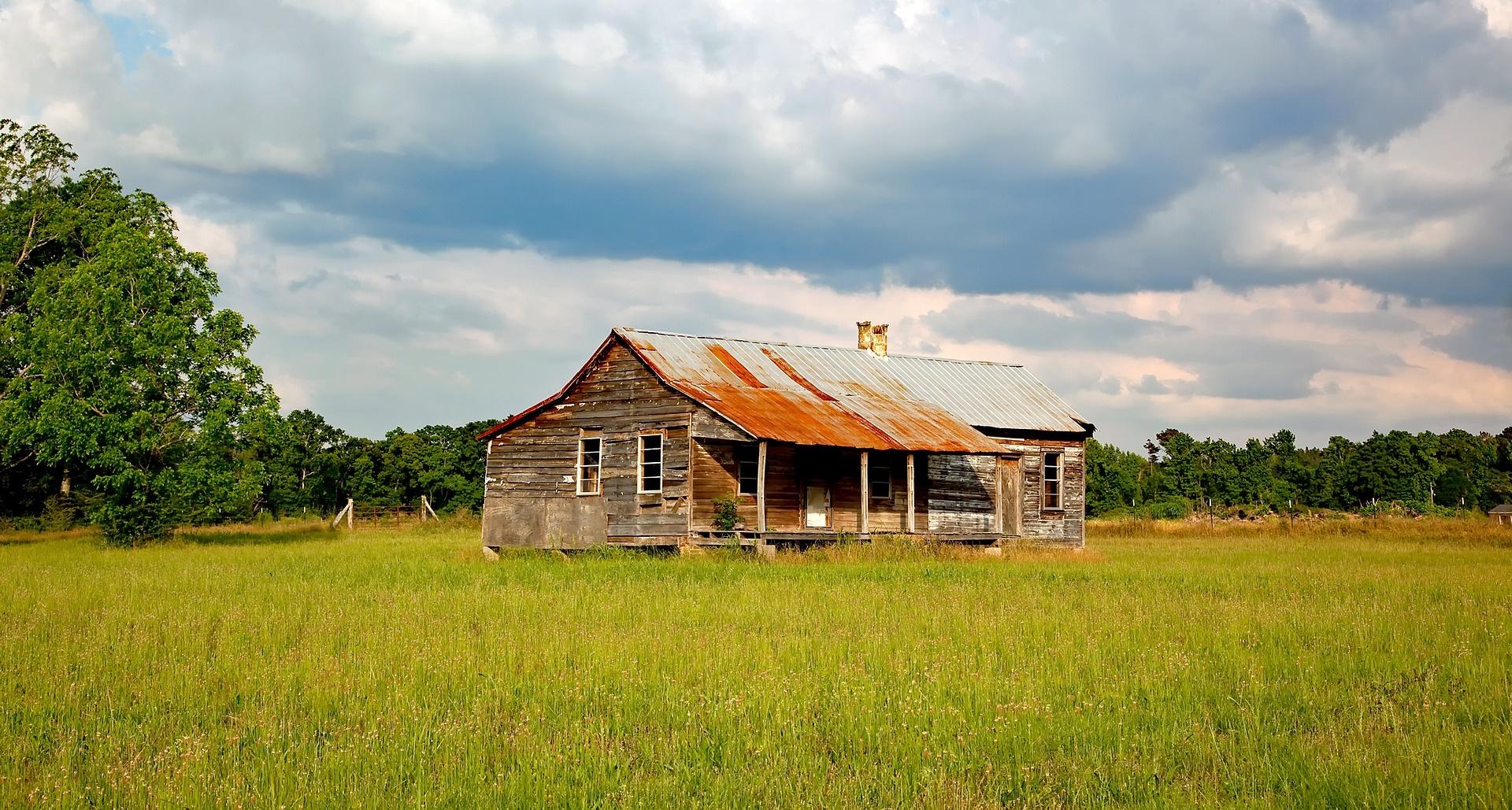A new grant has been awarded to the Heirs Property Project under the Mississippi Center for Justice to assist farmers who are unable to leverage their family property. While most land is transferred after death through a will, some pass that land on informally without any estate planning. Andrea Barnes, Executive Director of the Heirs Property Project, says this can cause some legal issues when direct ownership is contested or required.
Barnes says “we seek to not only provide that direct legal assistance in terms of direct legal action that’s going to clear the title to the property, but we also seek to educate and provide those estate plans such as wills and having and hosting the wills clinic.”
Barnes says the majority of people who face heirs property challenges are Black, and the practice is often linked to distrust in a systemically racist legal system.
Many programs that aim to assist farmers require there to be documentation of property ownership, and land is commonly used for leveraging loans on farms. Barnes says the grant program provided by Walmart aims to help Mississippi farmers who are unable to meet those legal demands.
“Not only do we help them with clearing the title to the property, which then ultimately would open the door for them to be eligible to receive funding and loans and the like in reference to the farming business, but we also seek to assist farmers with education and outreach and understanding what heirs property is and how to avoid it,” says Barnes.
Experts say heirs property is common in all parts of the state, not just among rural farmers.




